Mumbai for now India
Six weeks, twelve cities, numerous modes of transport and several mishaps later, our Indian adventure has almost come to an end. However, no trip to India would be complete without dropping a visit to Mumbai, (formerly Bombay) the land of street food, black and yellow taxis and of course, Bollywood!
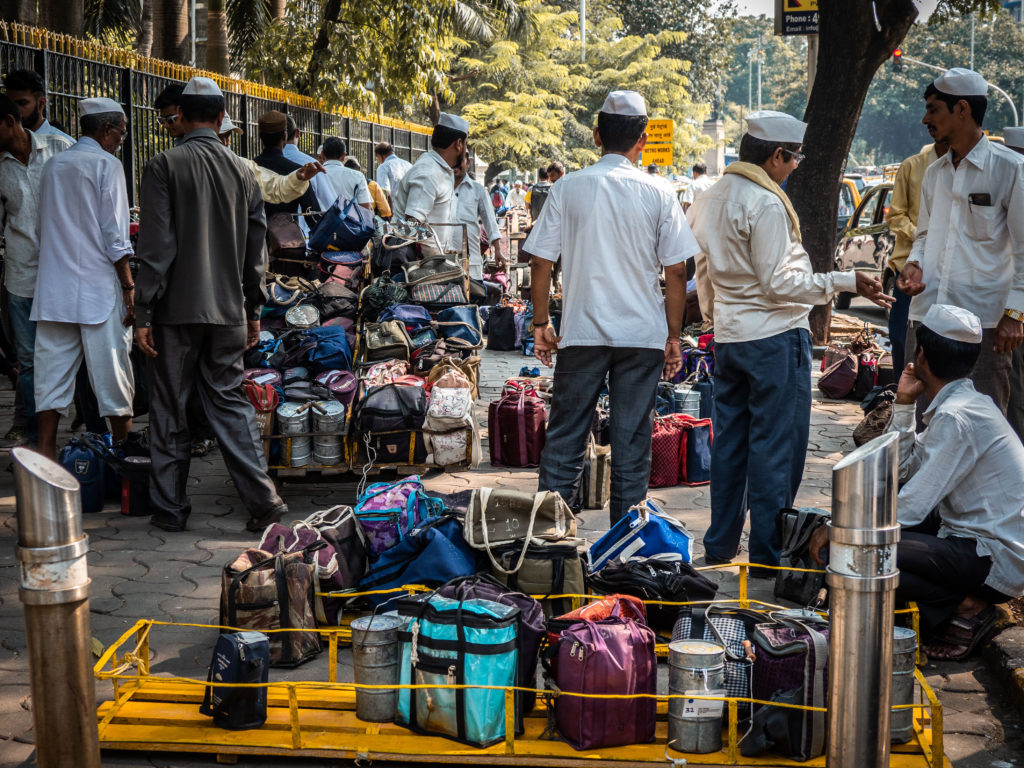
If cities were famous people then Mumbai would be Michael Jackson, forever changing and full of surprises, but always entertaining with just the right amount of weird thrown in for good measure (MJ fans, please don’t take offence!). Having visited the city only four years ago, I was shocked to see how much the city had evolved. Land is now more expensive than New York City, everywhere you go there are more than subtle suggestions of the city’s immense wealth – glittery shopping malls lined with high end global brands on every corner, stunning sky-scrapers disappearing into the night’s sky and a new wave of “hipster” restaurants and bars, catered to the ever-demanding Insta-generation of Mumbaikers.
Sitting at the Bar Stock Exchange, I thought to myself that I could have been in London, New York, or any other one of those cities you would usually associate with such places – meaning those types of slightly-gimmicky-but-cool establishments whose moody atmosphere is lit up effortlessly by strings of “understated” bare lightbulbs. This place in particular charged for drinks according to demand, with live screens showing the fluctuating prices of beers, wines, spirits etc. Orders are made via an app downloaded to your phone but I felt a pang of sadness, because as “cool” as the concept was, the rest of the service was terrible and I came crashing back down to Earth – come on, Mumbai, at least get the basics right first!
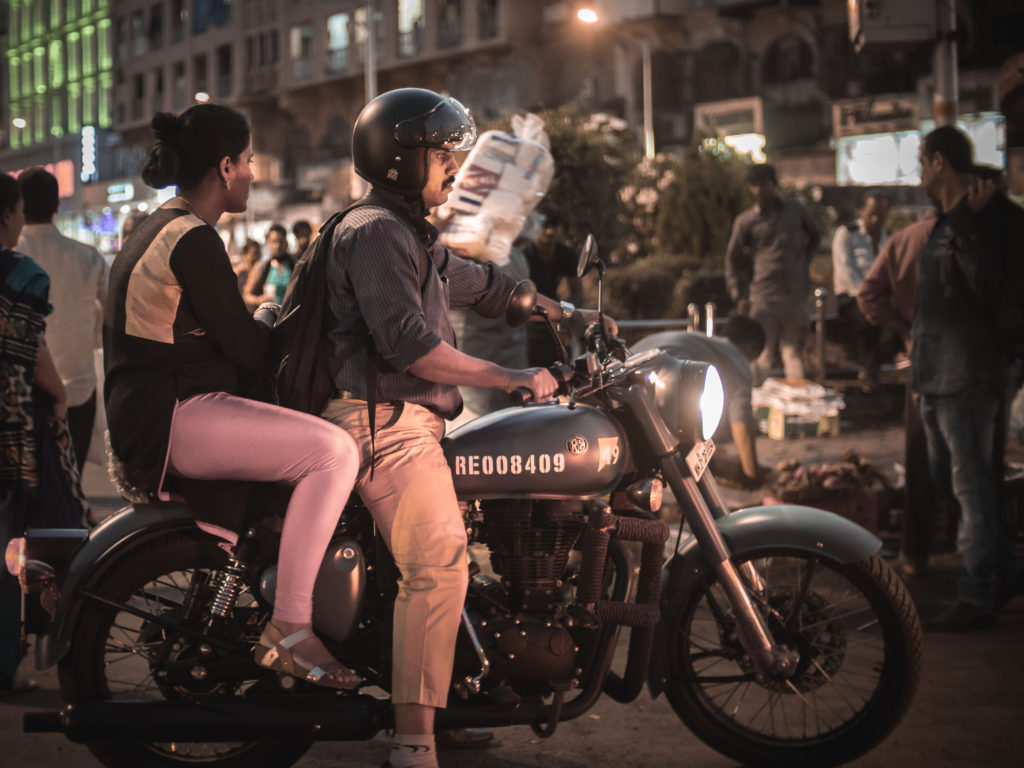
In stark contrast, and one of the most memorable experiences we have had on the RSBA so far has come in the form of a trip to the Dharavi slums, the worlds largest slum with a population of around one million people (and made famous by the movie “Slumdog Millionaire”). Much to our surprise, this slum has a booming industry worth over one billion rupees a year. It’s main source of income is plastic recycling (but also aluminium recycling and pottery) and we were able to see first-hand the sheer vastness, volume and organisation of the operation – far removed from the idea we first had in our heads of people in the slums having to resort to begging for income. Don’t get me wrong, Dharavi’s occupants are very poor by our standards, but they are also hard-working, enterprising and above all, happy with their lot.
A stark lesson to be learnt for all of us suffering from “first world problems”. A generous lady even invited us to her home for lunch, and sitting on the floor in her one hundred square foot home eating the most delicious food, we were stunned by the generosity and positivity radiating from her and of course, her resourcefulness. Throughout our travels, one of the major things we have noticed about India is that its people always have a smile on their faces, and I find myself thinking that the world would be a far nicer place if everyone could do the same. For all its frustrations and irritations (of which there are plenty), India is a wonderful country with so much to offer – our only regret is not spending longer here to explore the rest of it (we’ll leave that to the RSBA sequel).
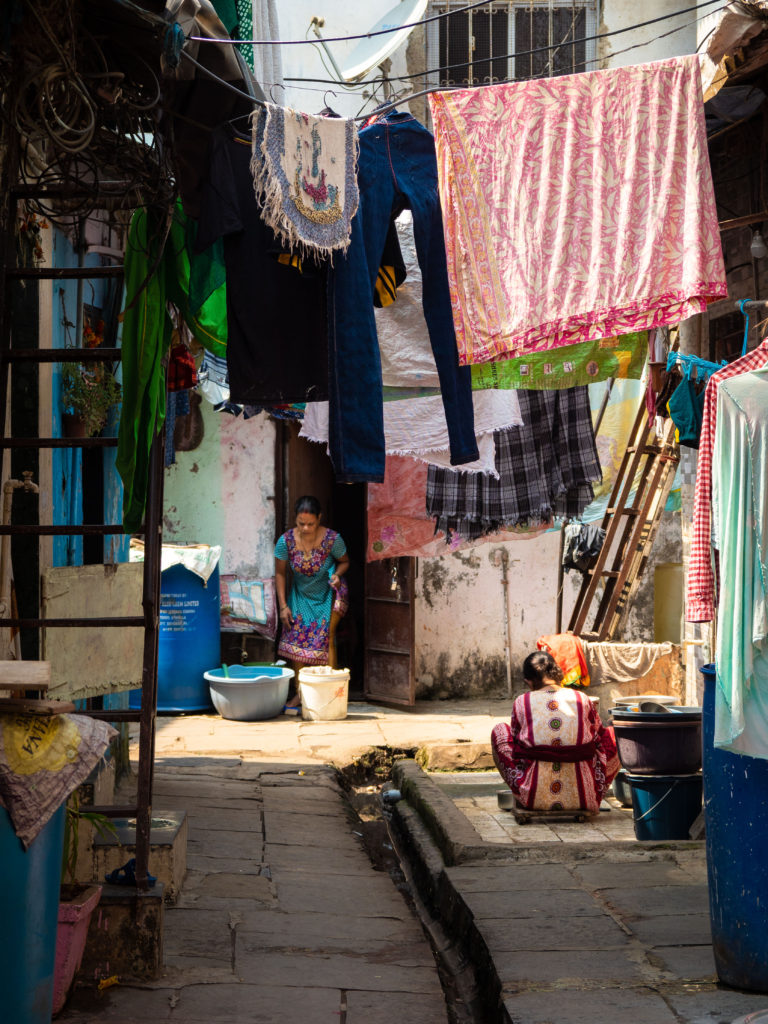
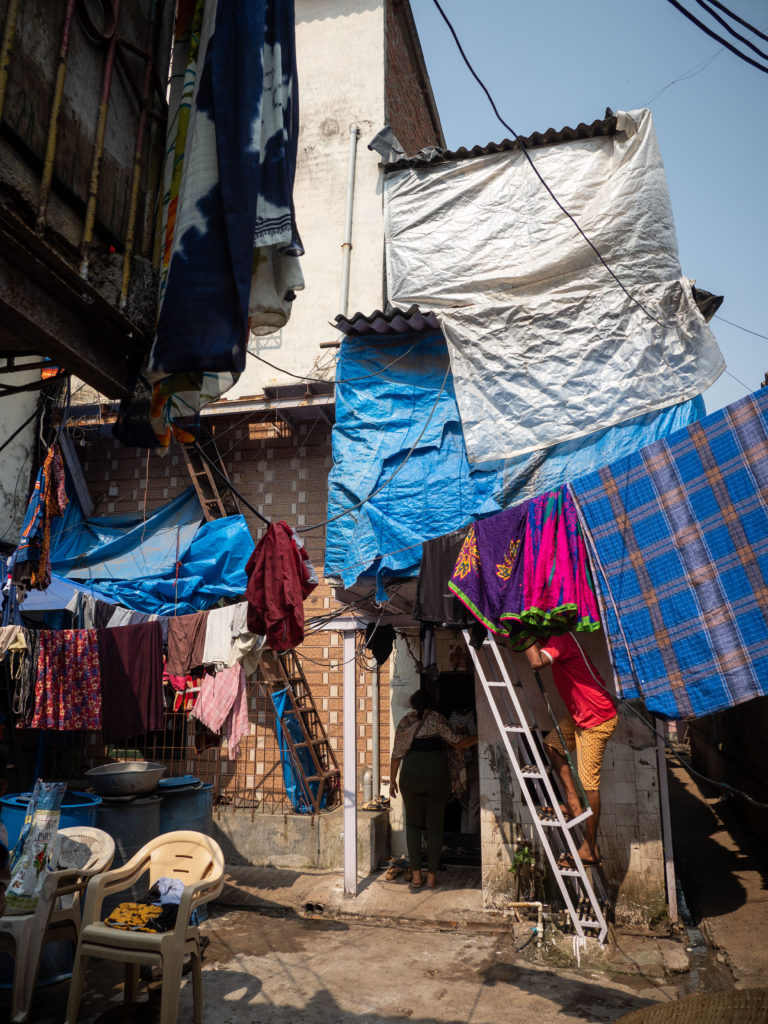
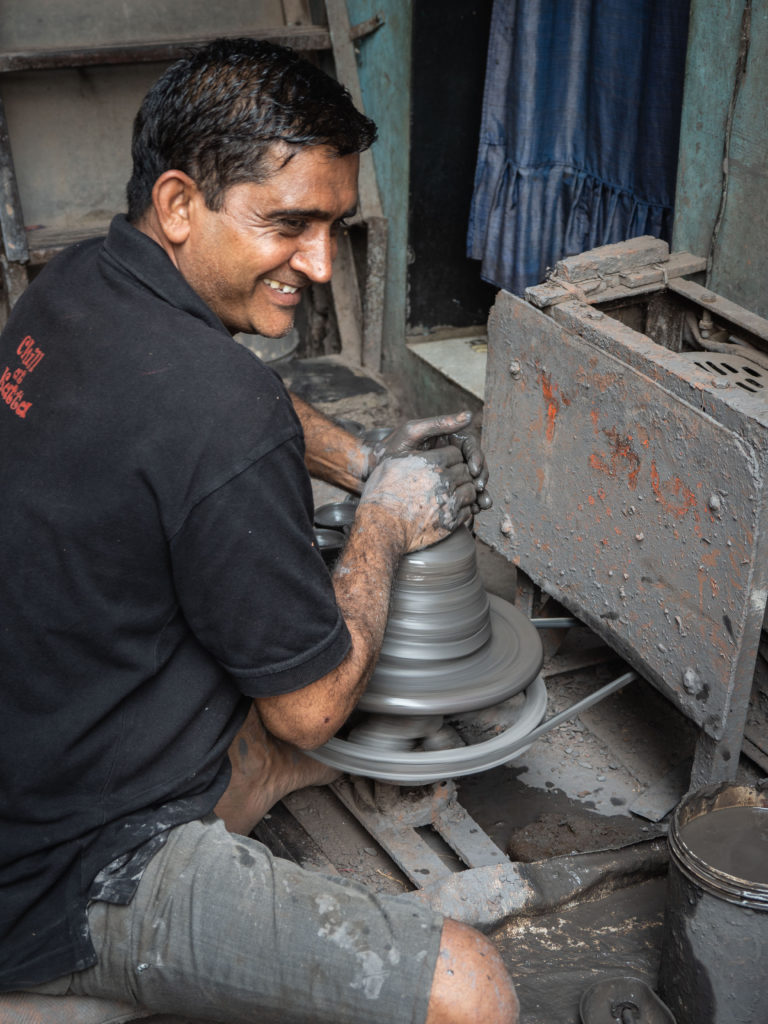
On that note, we’re saying bye to India, and hello to Thailand – and we just can’t wait to let you know how our first week goes.
Namaste,
The Resignated Survivors
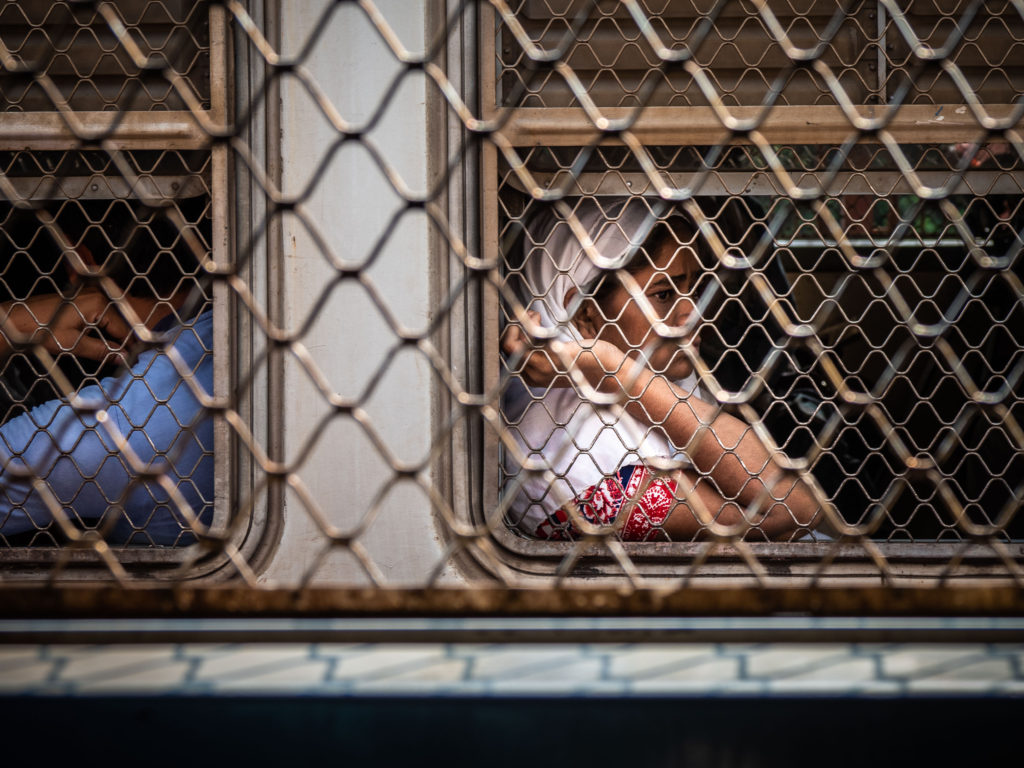
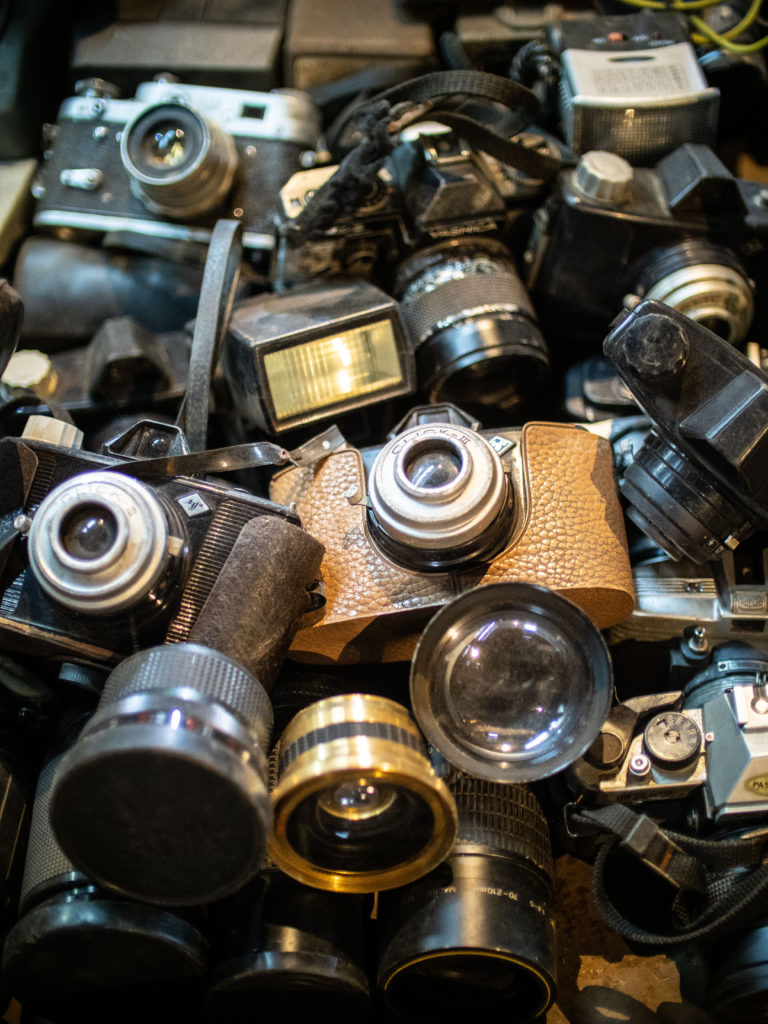
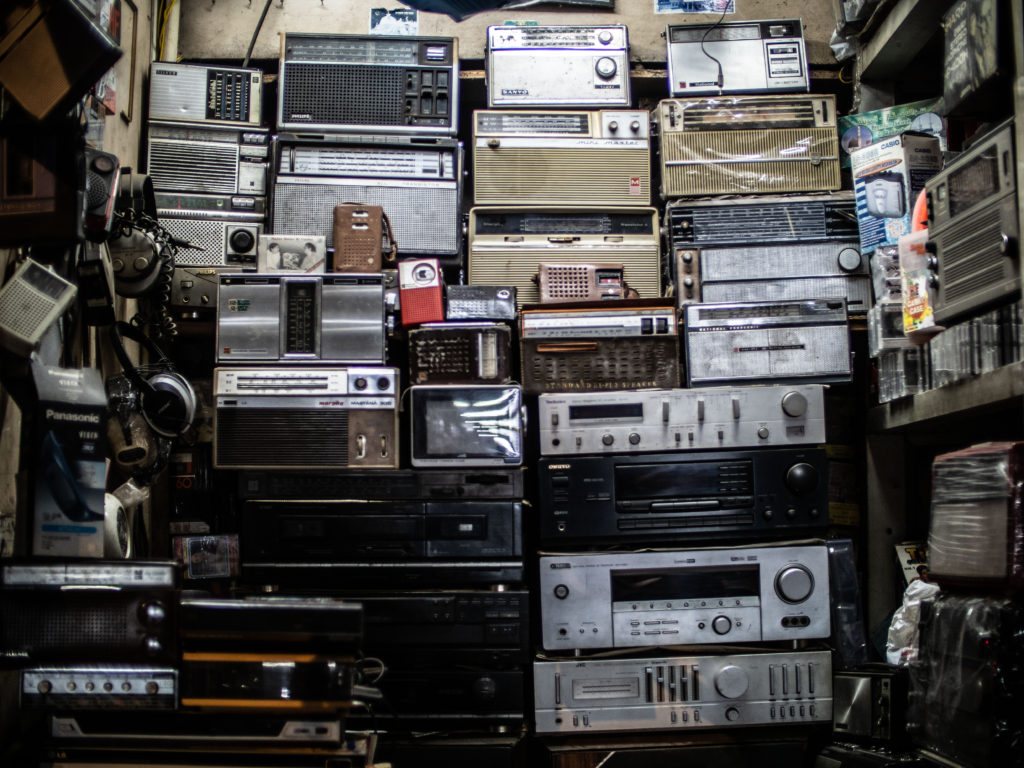
Highlight of the week: Eating our way around Mumbai’s street food offerings at the Chowpatty food market after a stroll along Marine Drive, including delicious pav bhaji, bhel puri and kulfi. A must for any traveller wanting to get a real feel for Mumbai’s foodie scene.
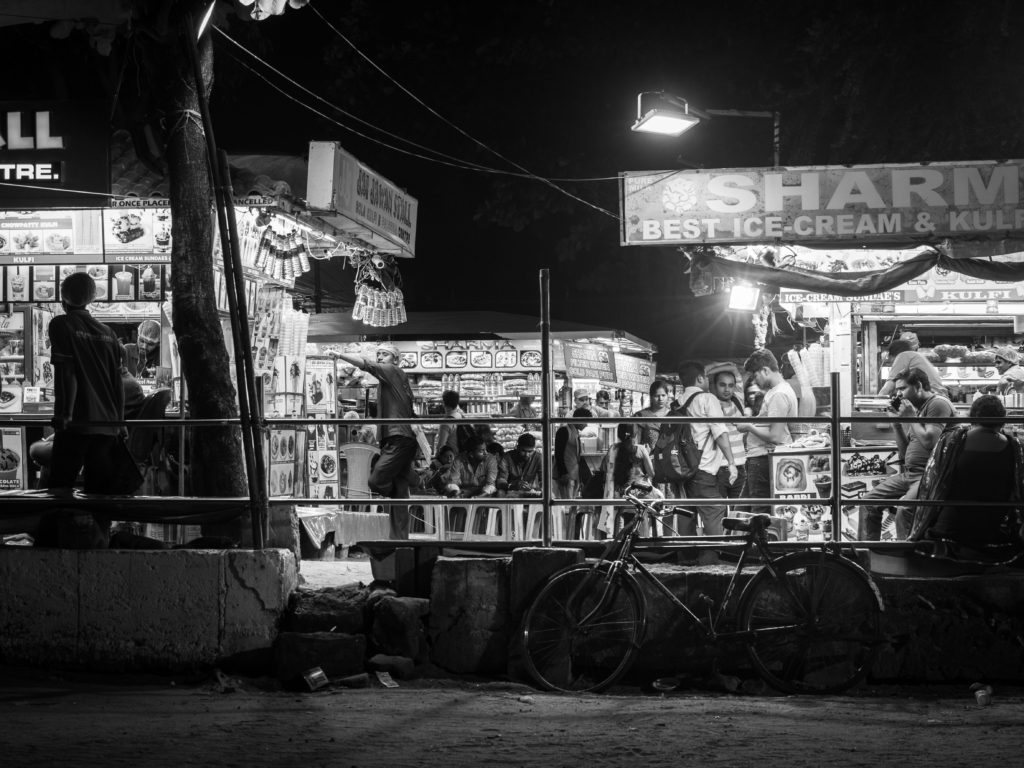
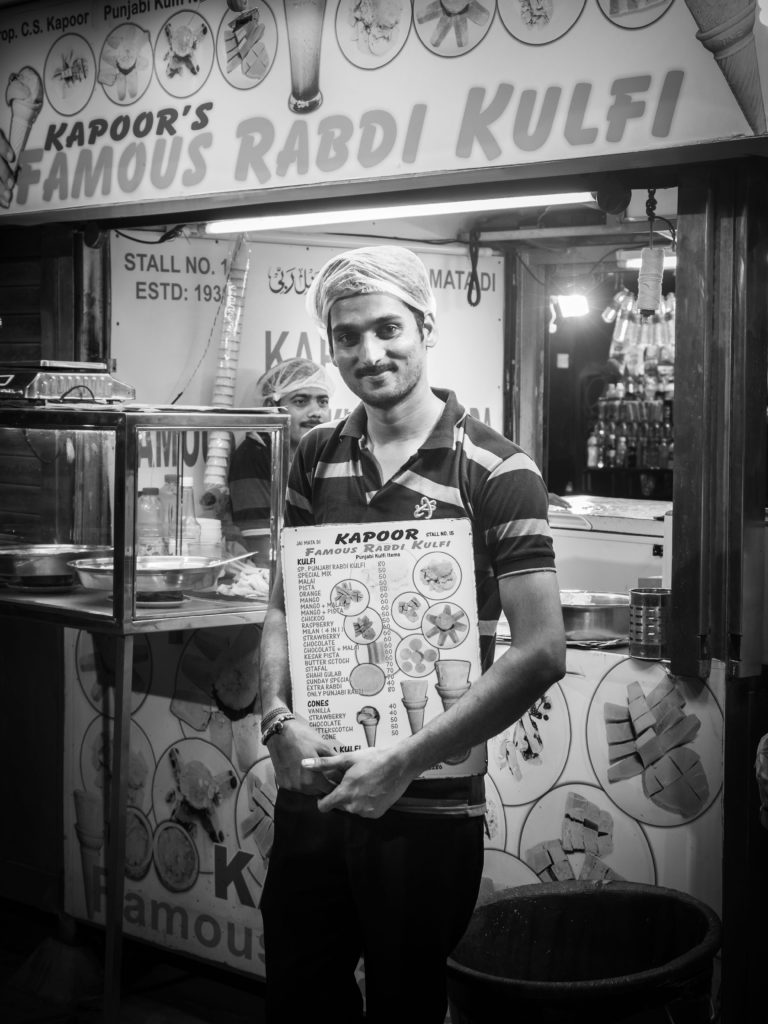
Other notable things: One of the best things we saw was the “Dhobi Ghat”, India’s largest laundry, and unlike anything you could ever imagine a laundry to be. Rows and rows of “cubicles” stretch out as far as the horizon, where the city’s hotels, hospitals and homes send their towels, sheets and uniforms to be washed, dried out in the sun and ironed to perfection. We weaved in an out of these lanes and witnessed first hand how some of the laundry is washed by hand by being beaten and scrubbed against a large stone, and the irons used weigh around seven kilos! I will never complain about having to do laundry again.
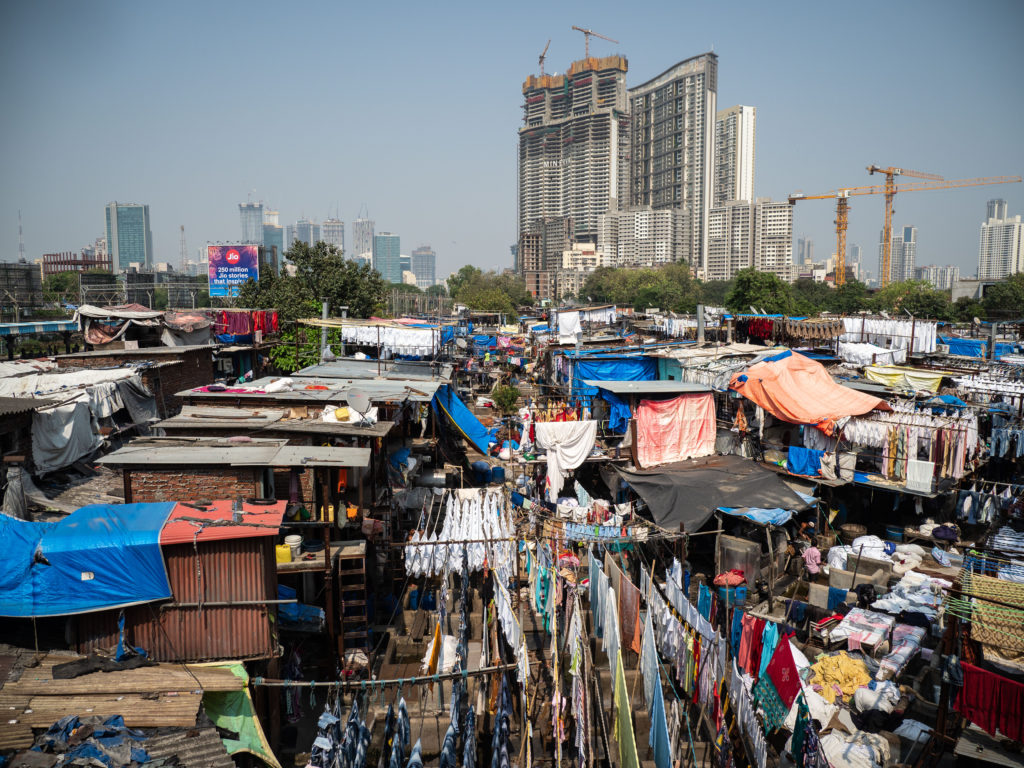
Lessons learnt: Bollywood movies aren’t like they used to be. Bollywood is obviously a huge deal in India and so it seemed a crime to not go and watch a film in Mumbai. We watched a comedy called “Badhaai Ho” which was unlike anything of the all-singing all-dancing love story films churned out by Bollywood in years past. It was, in fact, about a 25-year old man who is embarrassed to discover his mother is pregnant, and has to deal with the social stigma attached to it. How refreshing, if a little weird. We also discovered with bemusement, that India’s national anthem is played before the start of every film and everyone must stand in silence for its duration.
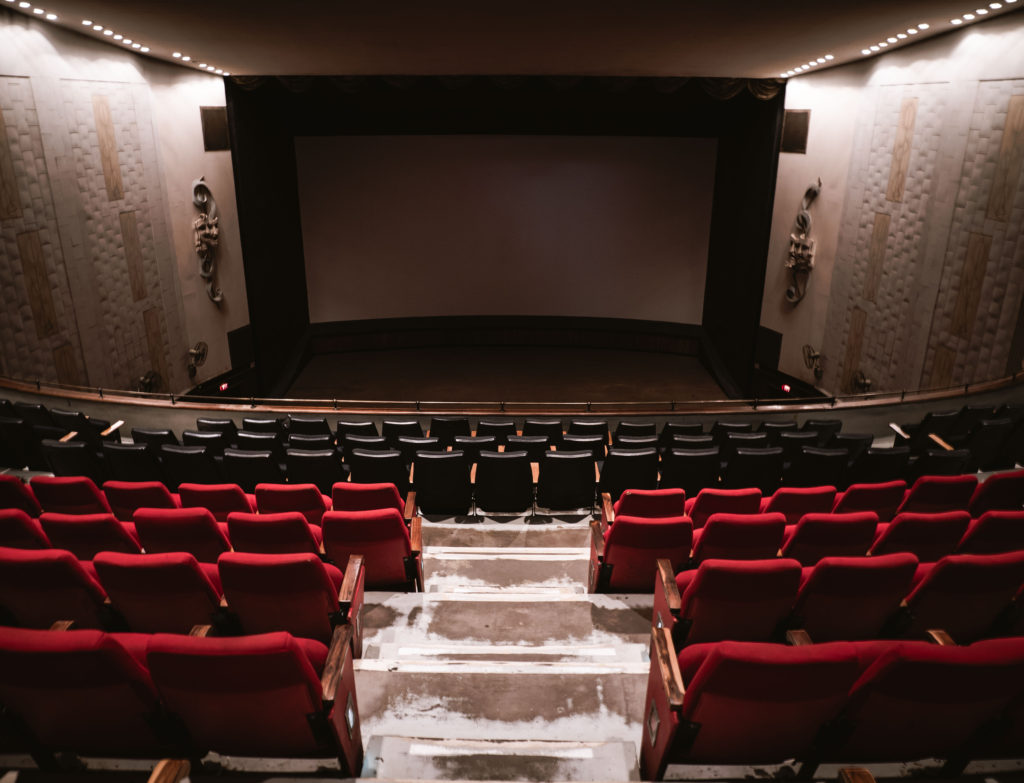
7 Comments
Comments are closed.

Love it, nicely written xxxx
Goodbye India, Hello Thailand?A fitting tribute to your indian adventure..Brilliant read and brilliant photos .Cant wait to follow your Thai adventure.!!
Really enjoyed that read! Felt like you saw a completely different side to what you’ve seen so far. The slums sound so interesting. Hope you’re enjoying Thailand. Can’t wait to hear what happens next. Great post as always x
Your blogs are so interesting and fun to read! This is a great take on Mumbai City. It makes me so happy knowing that you really enjoyed my city!
Another great read! Can’t believe 6 weeks have flown by already… keep enjoying yourselves… x
Awesome blog guys and fantastic pictures. Enjoy the rest of your trip. xx
Hey RSBA, I am catching up on your blogs today finally. Mrs RSBA (I assume you are writing the blogs) a very clever way of explaining Mumbai by reminding us of MJ. I am excited to read the next blog now.